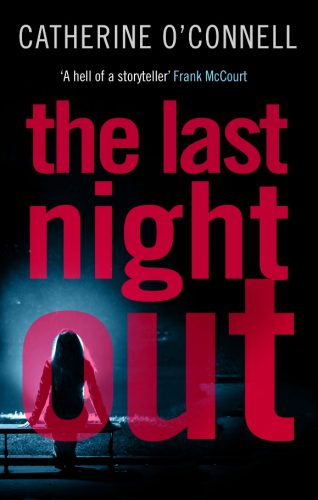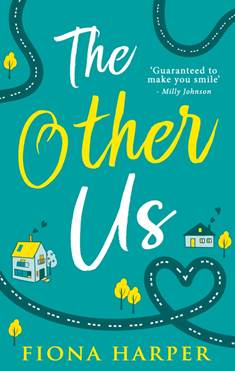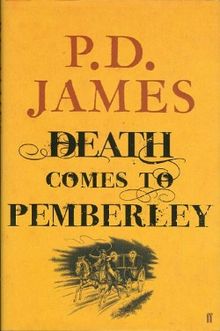
Six friends. Three secrets. One murder.
The strapline of this novel suggests a crime thriller, but if that’s what you’re seeking, you might not find it here. A woman dies, that’s true, but somehow her death immediately becomes less important than the sex lives of the living.
What’s it about?
Maggie’s hen party is a wild one: there’s plenty of drinking and a male stripper, but that’s just for starters. The main course is a trip to Rush Street for more drinking, drugs and dancing. Dessert? Infidelity and murder.
The next morning Maggie’s horror at learning best friend and bridesmaid-to-be Angie is dead is only exceeded by her horror at discovering she appears to have bedded ‘the carpenter’ she met last night. Too frightened of losing her fancy fiancé to admit her wrongdoings to the police, Maggie risks protecting the killer.
And she’s not the only one. Angie’s friends are still alive, with families and reputations to protect. Can the police break through their secrets to find the truth?
What’s it like?
More women’s fiction than crime fiction, despite being published by an imprint which specialises in crime fiction. Maggie agonises over her one-night stand, resolving to do everything possible to help the police find her friend’s killer…except tell them truthfully who what she was doing while the murder happened.
Meanwhile Maggie introduces us to Suzanne, career obsessed and single, and Carol Anne, whose loving, secure marriage her friends are envious of. There’s also Kelly, ex-alcoholic and wannabe detective, and Natasha, her oldest friend – who isn’t really a friend anymore, but it’s just too tricky to have that conversation. All these women have backstories, which are developed in detail to the exclusion of Angie.
I wanted to know what had happened to Angie, but O’Conell wanted to tell me about Suzanne’s brother, and Carol-Anne’s hen party, and Kelly’s running. Angie was the lure: the romantic lives of these women was the meat.
Eventually the pace picks up a little as the secrets start to exit their closets. Even so, the revelation of the murderer comes as a shock, partly because there was so little pointing to it, partly because elements of the reveal made little sense, and partly because of the accompanying smut. But then O’Connell uses her layered narrative to twist our view again…
Final thoughts
I enjoyed this enough to keep reading it, but it didn’t feel like the crime thriller I had expected, and little things niggled me: Maggie’s preface, which introduces the reader to 1980s Chicago like a lazy historian; the epilogue, which asks a great question and can’t quite answer it (though there is a certain enjoyable ‘real-life unknowingness’ to that, I prefer closure in fiction); the incredible unfairness in Suzanne’s final story; and, ultimately, the sense that a brutal murder was of less interest than a collection of romantic entanglements.


